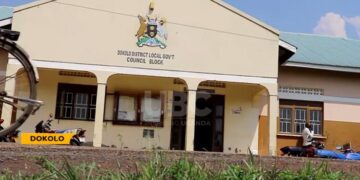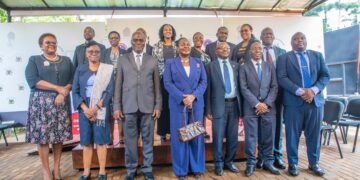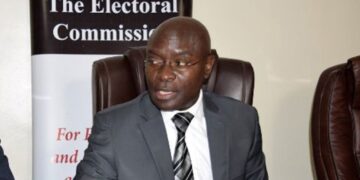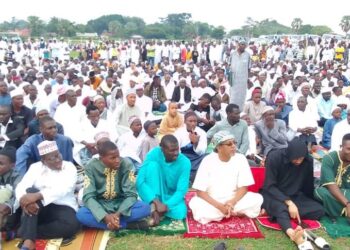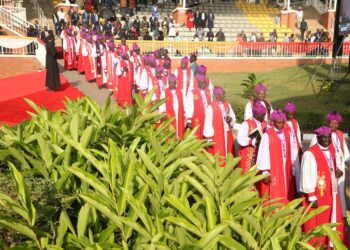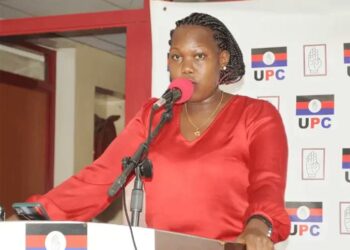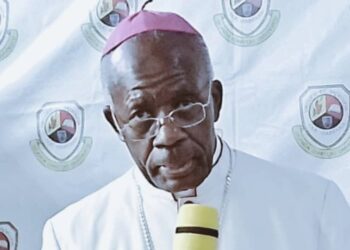By our reporter
Kampala
In a recent development, Ugandan lawyer Male H. Mabirizi. Kiwanuka has expressed his objection to the proposed appointment of the seven nominees for the Electoral Commission. With a constitutional duty to protect the Constitution and promote the rule of law, Mabirizi has raised several crucial concerns regarding the nominees.
Mabirizi argues that two of the nominees, Simon Byabakama Mugenyi and Aisha Lubega, are barred from reappointment due to the expiration of their previous term. According to Article 60(4) of the Constitution, their term should have been renewed at least three months ago, rendering them ineligible for another term.
He also noted that, evidence presented in the High Court highlights a violation of Article 60(5)(d) by Simon Byabakama Mugenyi. Instead of relinquishing his position as a Justice of Appeal, he opted to take leave, indicating a lack of qualification for the position.
Mabirizi noted that none of the nominees meet the minimum requirements outlined in Article 60(2) of the Constitution. This article specifies that members of the commission should possess high moral character, proven integrity, considerable experience, and demonstrated competence in the conduct of public affairs.
To illustrate this point, Kiwanuka cites specific concerns regarding each nominee’s past experiences. Simon Byabakama Mugenyi, while working in the Office of Director of Public Prosecutions, was implicated in fabricating evidence in the Dr. Kizza Besigye treason case. Aisha Lubega’s previous role as a head teacher at Nabisunsa Girls Secondary School is deemed too narrow in scope to qualify her for presiding over national elections.
Mabirizi also urgued that the partisan backgrounds of Stephen Tashobya, Anthony Okello, and Robert Kasule Ssebunya, all former National Resistance Movement Members of Parliament, raise doubts about their ability to oversee independent national elections. Similarly, Dr. Sallie Simba Kayunga’s views on the rule of law and democracy are deemed incompatible with presiding over a fair election.
Lastly, Pamela Etonu Okudi, a staff member at the Electoral Commission, has been linked to the maladministration of the 2016 and 2021 General Elections, failing to demonstrate the necessary competence for the position.
It is argued that the approval of these nominees would have disastrous consequences for Uganda, the region, and Africa as a whole. Kiwanuka’s objection highlights the need to ensure constitutional soundness and the appointment of qualified individuals to uphold the integrity of electoral processes.
The rejection of these nominees raises crucial questions about the constitutionality and qualifications of those selected to oversee the democratic processes in Uganda. As the appointment process continues, it is imperative that the Speaker of Parliament, the Chairperson, and members of the Parliament Appointments Committee carefully consider the objections raised by Mabirizi and make informed decisions in the best interest of the country.
















